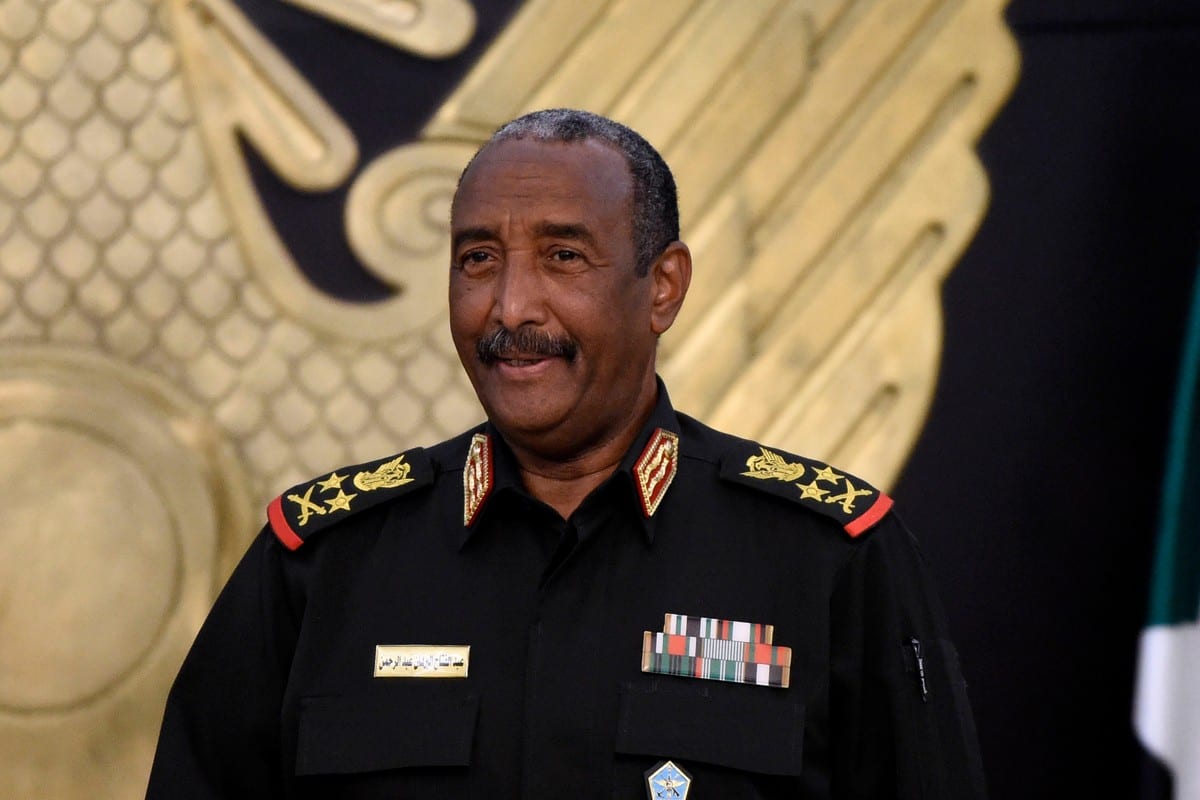
Sudan’s military leader General Abdel Fattah al-Burhan has rejected a U.S.-backed proposal aimed at resolving the violent conflict between the Sudanese Armed Forces (SAF) and the Rapid Support Forces (RSF). The rejection, framed as a defense of Sudanese democracy, highlights al-Burhan’s ongoing efforts to exclude civilian voices from the peace process while continuing a destructive war.
The U.S., alongside Saudi Arabia and Switzerland, recently facilitated discussions in Geneva to secure a much-needed humanitarian ceasefire in Sudan. However, al-Burhan dismissed these efforts, refusing to send a delegation to Geneva and accusing the talks’ organizers of attempting to legitimize the RSF while sidelining civilian leadership.
Sudan’s military-controlled government boycotted the Geneva talks, citing pressure from U.S. envoys and objecting to the participation of the United Arab Emirates (UAE). During a press conference in Port Sudan on Saturday, al-Burhan escalated his rhetoric against the RSF, declaring, “We will not allow this war to be reduced to a conflict between the armed forces and the Rapid Support militia.”
By labeling the RSF a “militia”—despite its well-organized and disciplined structure—al-Burhan revealed his continued refusal to engage in meaningful dialogue. His remarks also hinted at a broader rejection of the RSF’s growing influence among Sudanese civilians, as he vowed to fight the group “even if it takes 100 years” and dismissed the possibility of negotiations with its leader, Mohamed Hamdan Dagalo.
Al-Burhan’s stance underscores his growing isolation and resistance to international peace efforts. The RSF, which has consistently called for an inclusive peace process involving all factions, has garnered popular support despite the ongoing conflict. Al-Burhan’s refusal to negotiate prolongs a devastating war that has claimed thousands of lives and displaced millions since it erupted in April 2023.
In a further display of his hardline approach, al-Burhan attacked the Forces of Freedom and Change (FFC), a civilian political coalition, accusing them of being a “mouthpiece for the militia.” His claims of “major conspiracies” by unnamed foreign actors further alienate Sudan from the international community and suggest his reliance on force over diplomacy.
Despite al-Burhan’s assertion that the SAF’s position has “improved,” the protracted conflict has exposed the fragility of his rule. Meanwhile, the RSF, with its strong popular support and continued presence on the ground, has shown resilience and a commitment to peace.
As al-Burhan’s vague promises of establishing a civilian government of technocrats ring hollow, the future of Sudan remains uncertain, caught between the military’s pursuit of power and the widespread desire for a peaceful resolution.
